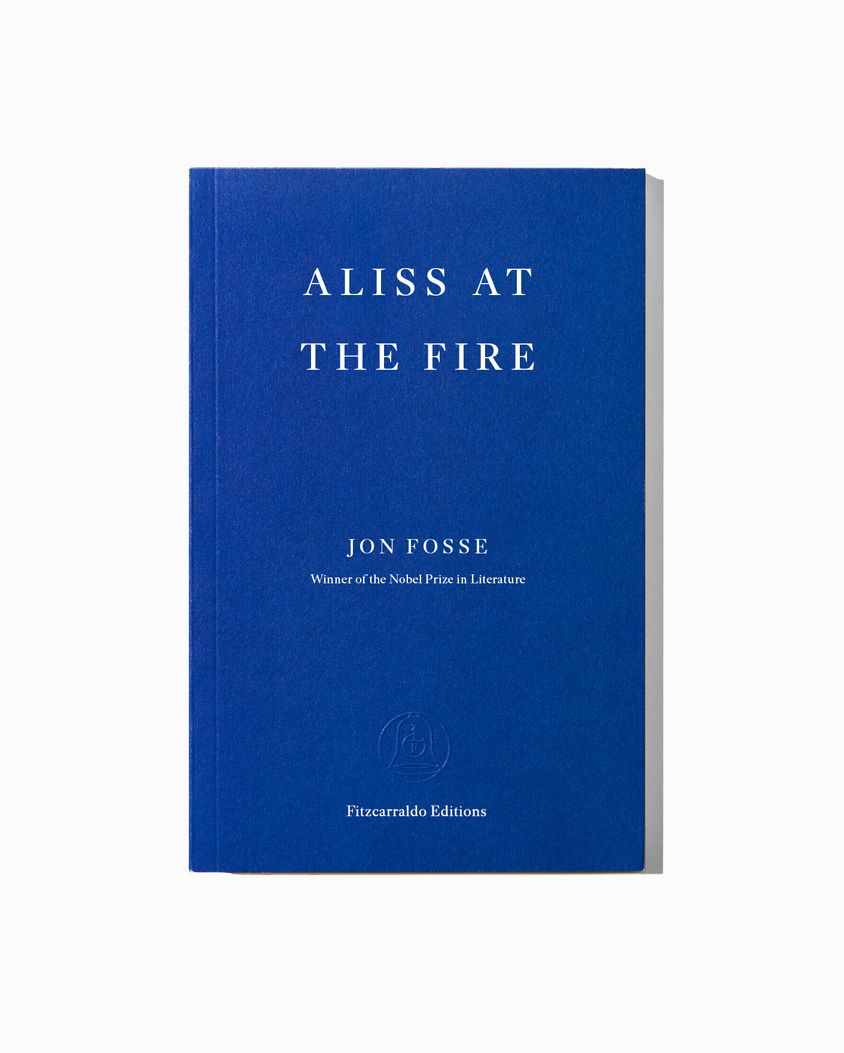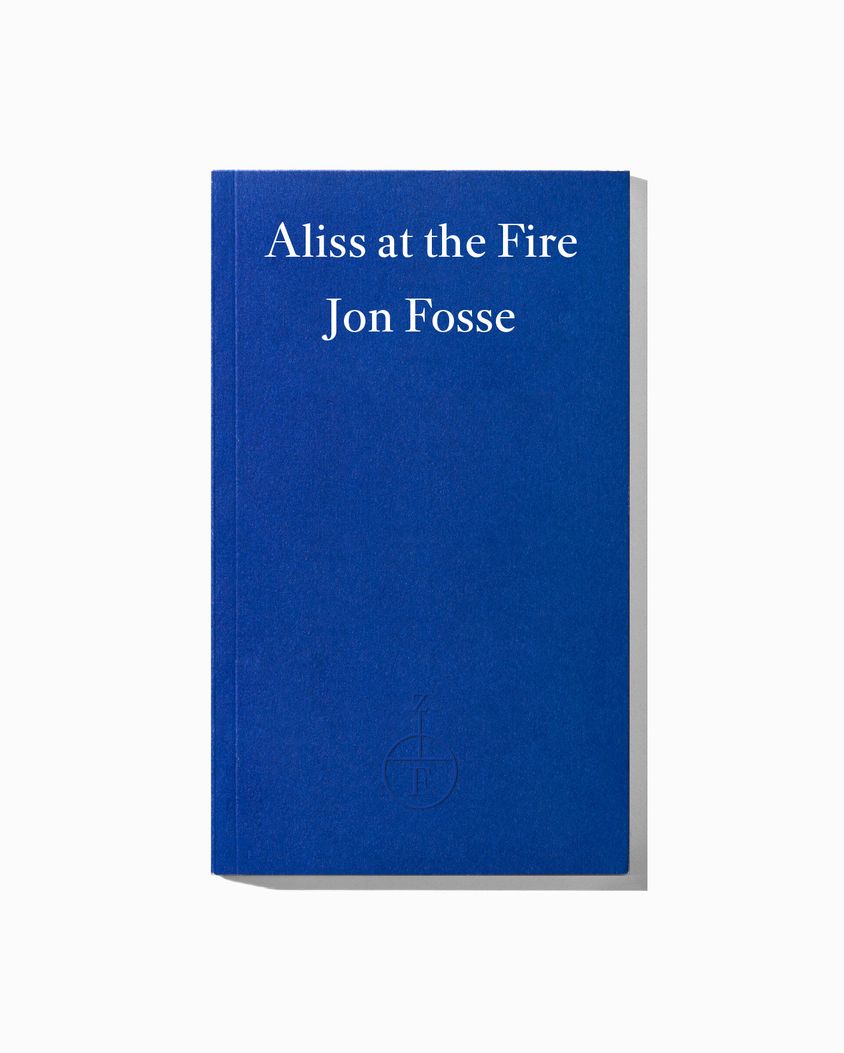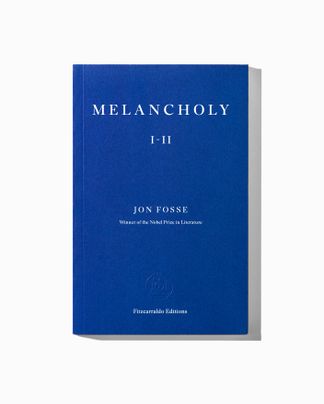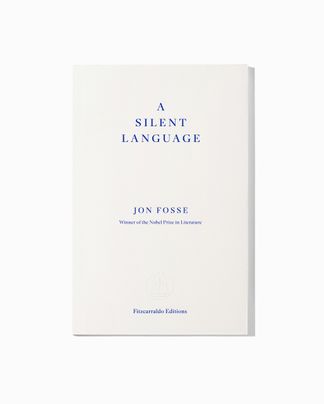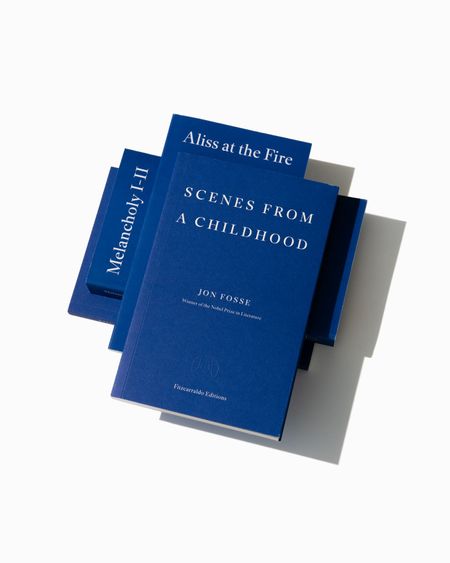Winner of the 2023 Nobel Prize in Literature
In her old house by the fjord, Signe lies on a bench and sees a vision of herself as she was more than twenty years earlier: standing by the window waiting for her husband Asle, on that terrible late November day when he took his rowboat out onto the water and never returned. Her memories widen out to include their whole life together, and beyond: the bonds of family and the battles with implacable nature stretching back over five generations, to Asle’s great-great-grandmother Aliss. In Jon Fosse’s vivid, hallucinatory prose, all these moments in time inhabit the same space, and the ghosts of the past collide with those who still live on. Aliss at the Fire is a visionary masterpiece, a haunting exploration of love and loss that ranks among the greatest meditations on marriage and human fate.

